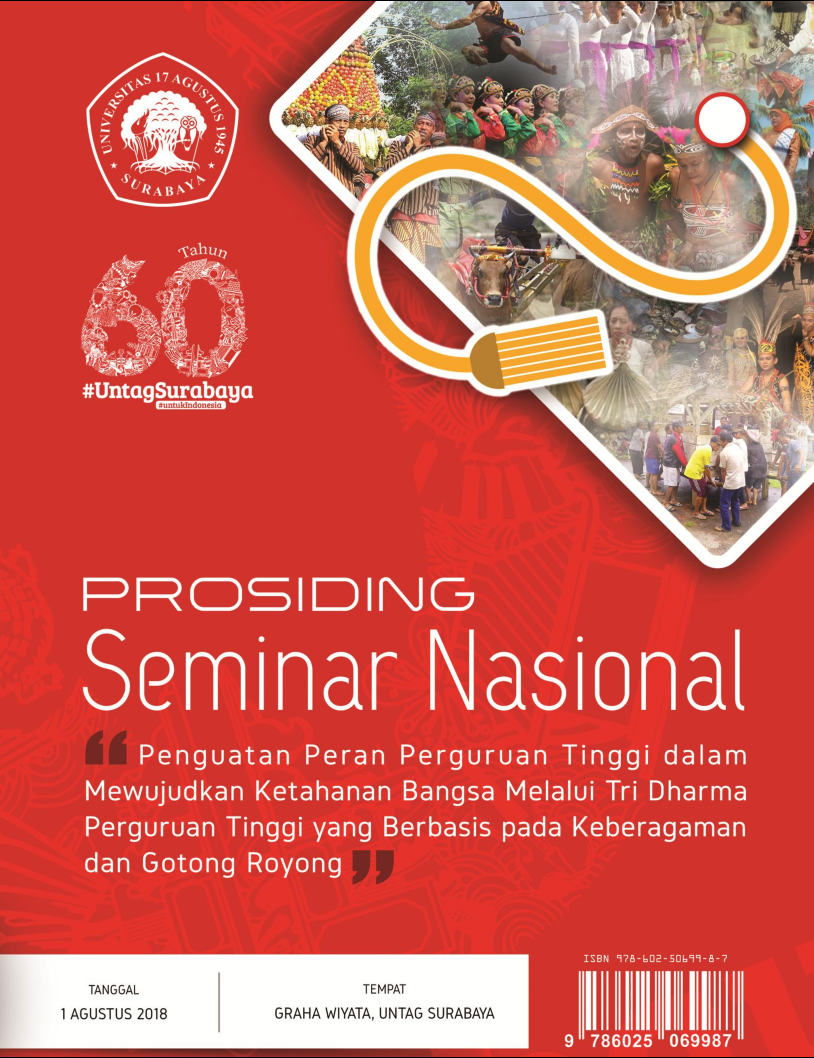PENGUATAN INSTITUSI KEDAULATAN RAKYAT SEBAGAI IMPLEMENTASI DEMOKRASI PANCASILA
Abstract
As a system, democracy has been an alternative in certain types of activities of the state. Historically, democracy was born in the ancient Grece rotating state of the city which became the main feature in its democracy. It then grew becoming the main characteristic of the form of governement by the people since generally democracy means people (demos) and government (kratos) although in much earlier time the meaning of demos did not include the people in it. In Indonesia, the conception of democracy as a means of people and governement is stated in Article 1 paragraph (2) of the Constitution of the Republic of Indonesia Year 1945 which broadly differ from the original conception of democracy in Greece. Indonesia democratic system is the embodiment of Pancasila therefore it is also known as Pancasila democracy. To show its development, Pancasila democracy had been implemented in national election every five years, but yet, it does not increase the wuality of the elected public officials. Having this said, we need to answer whether national election is the proper method in the implementation of Pancasila democracy? Since the result of the national election from the last twenty years since reformation does not show significant changes between the quality of public officials and the Pancasila democracy. Keywords: Pancasila, Democracy, National Election.Downloads
Download data is not yet available.
References
Buku
Kirana, A. (2009). Peran Dan Strategi Public
Relations PT. (PERSERO) Angkasa
Pura I Kantor Cabang Bandar Udara
International Adisutjipto Dalam
Membangun Citra (skripsi).Universitas
Islam Negeri Sunan Kalijaga
Yogyakarta, Yogyakarta.
Linggar, A. (2008). Teori dan Profesi
Kehumasan. Jakarta: PT Bumi Aksara.




